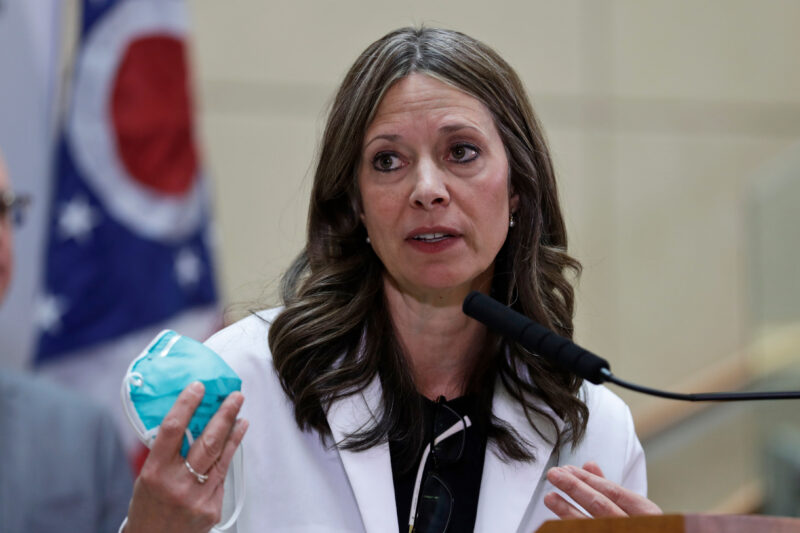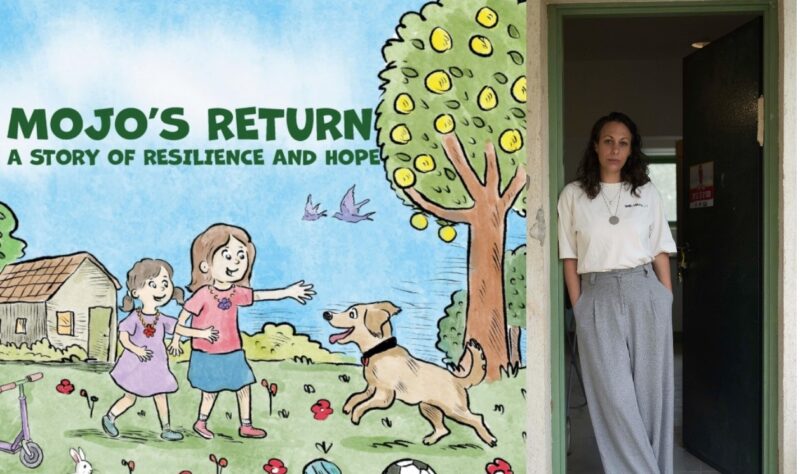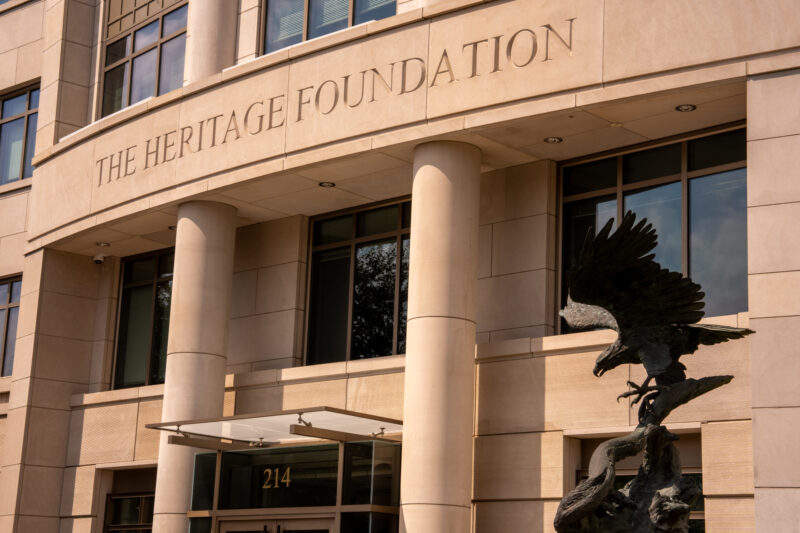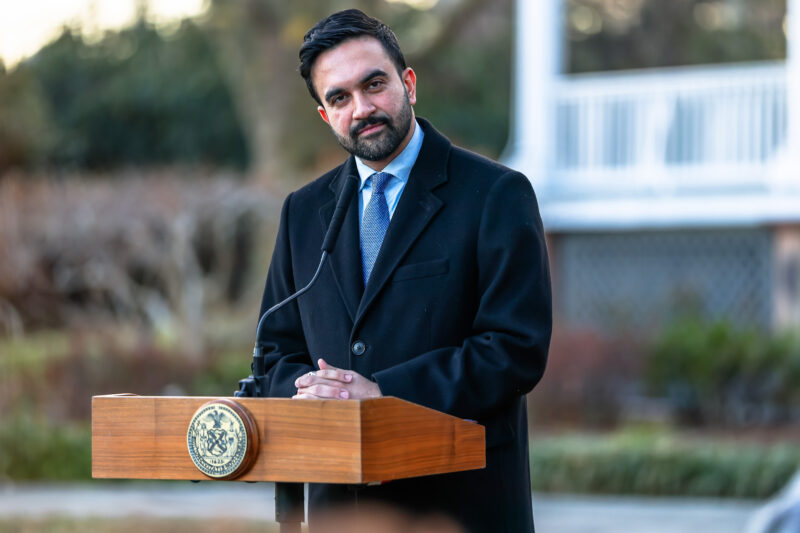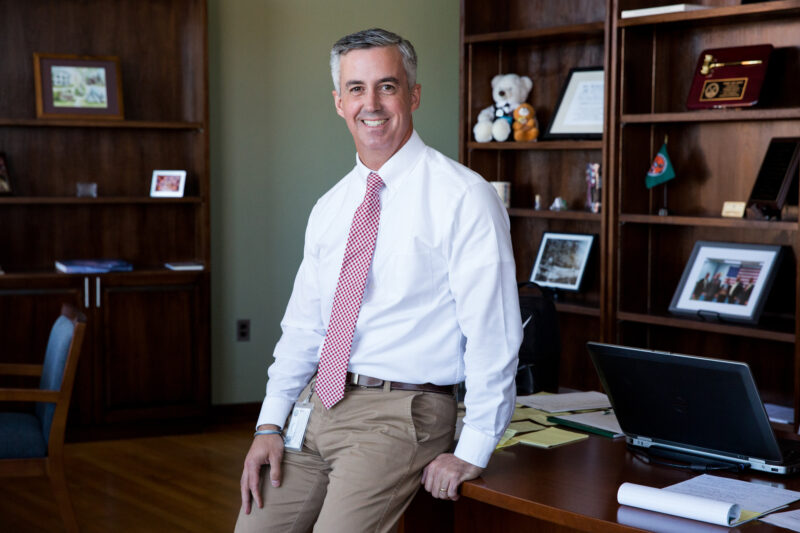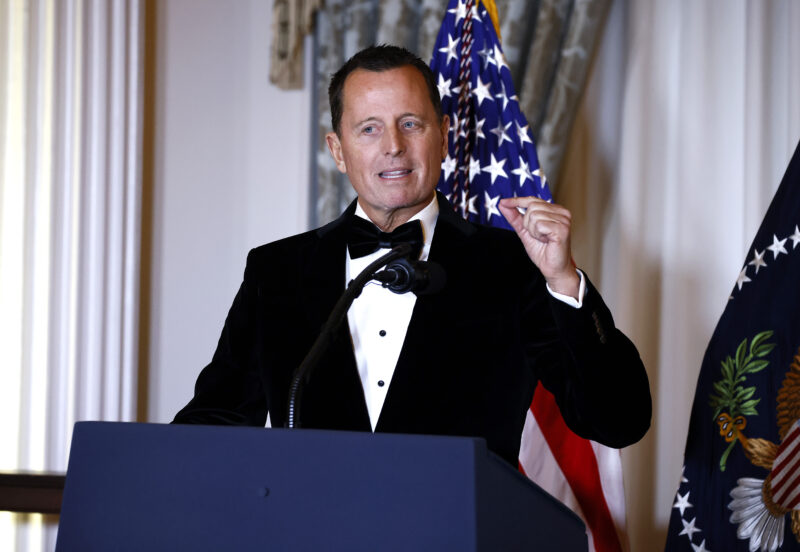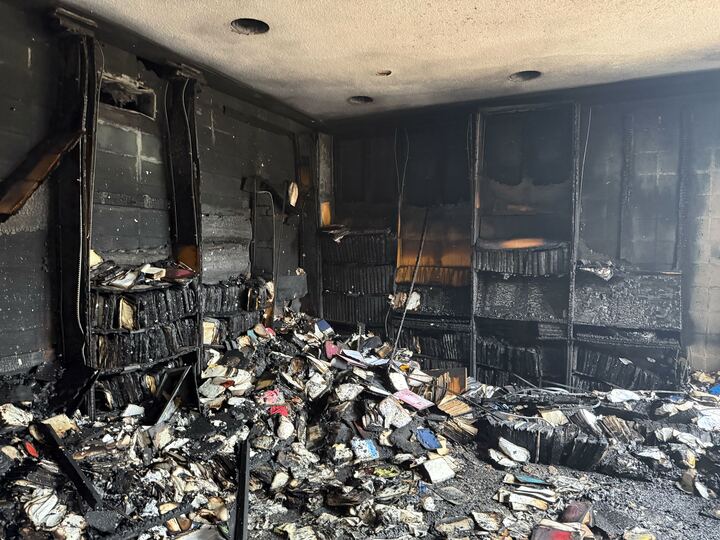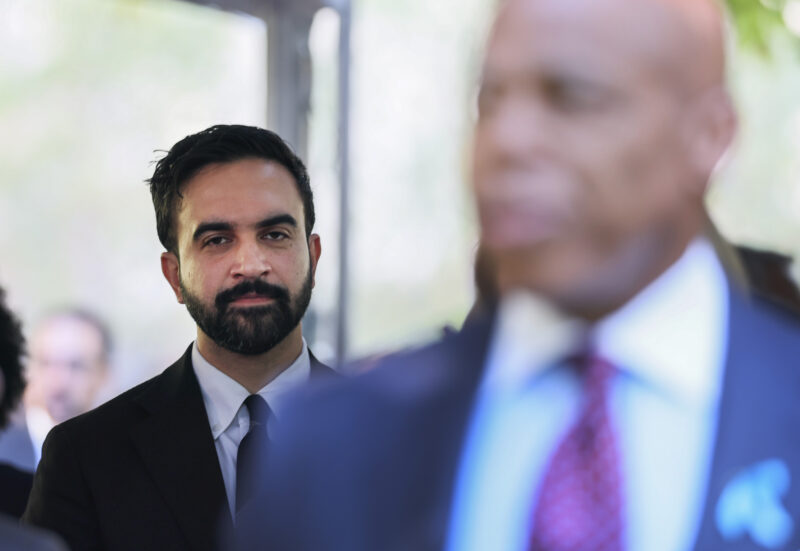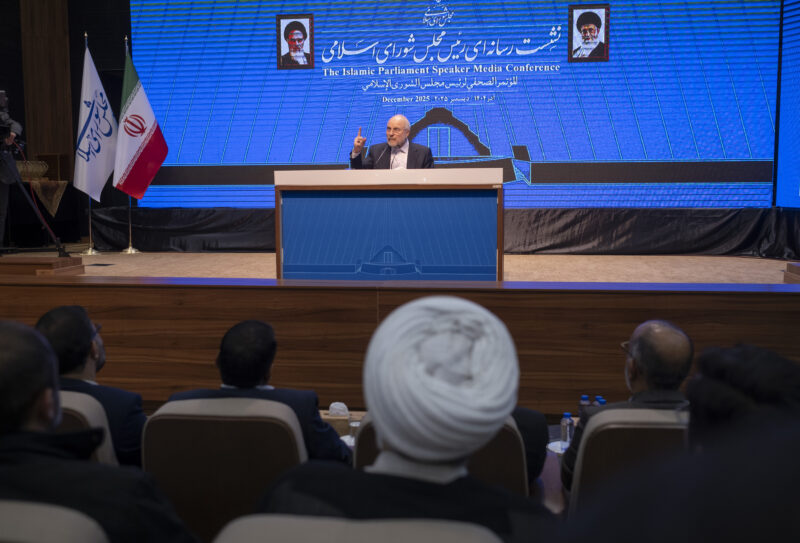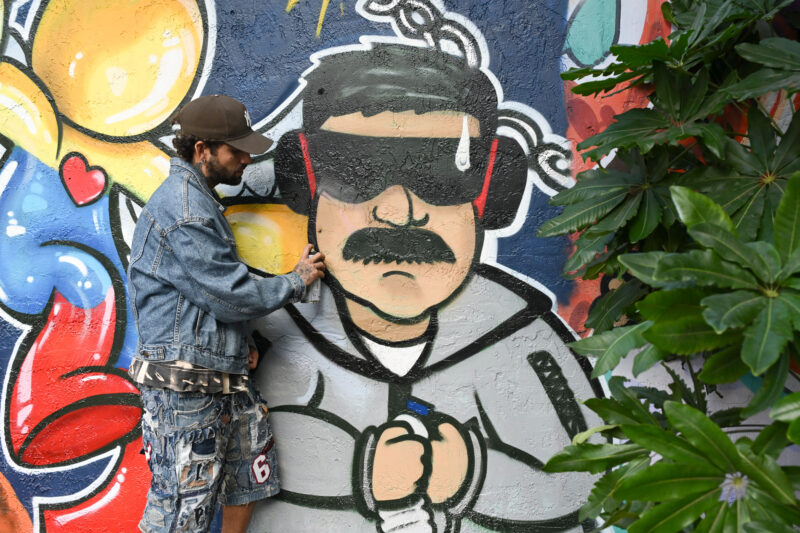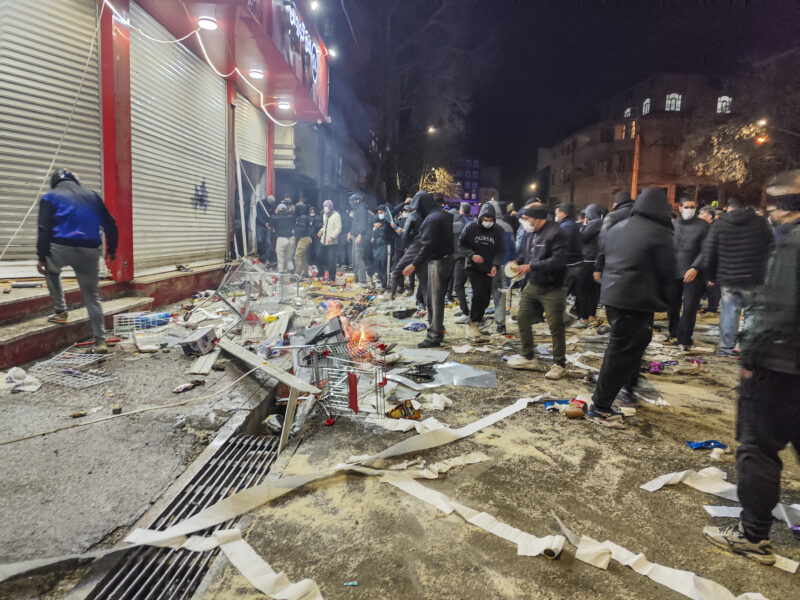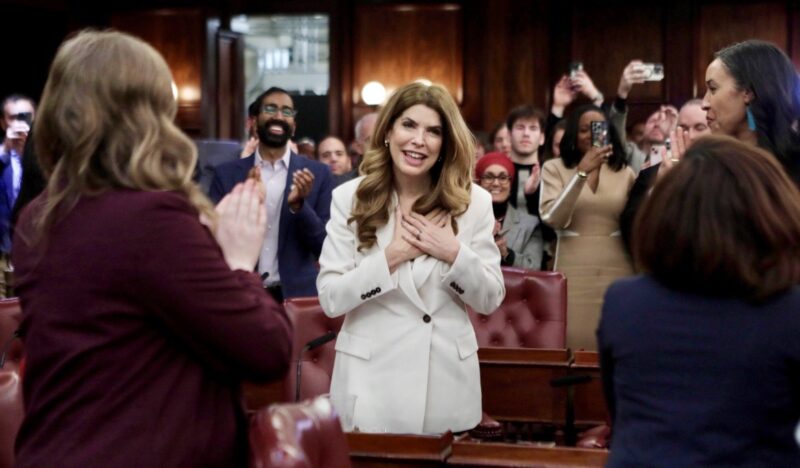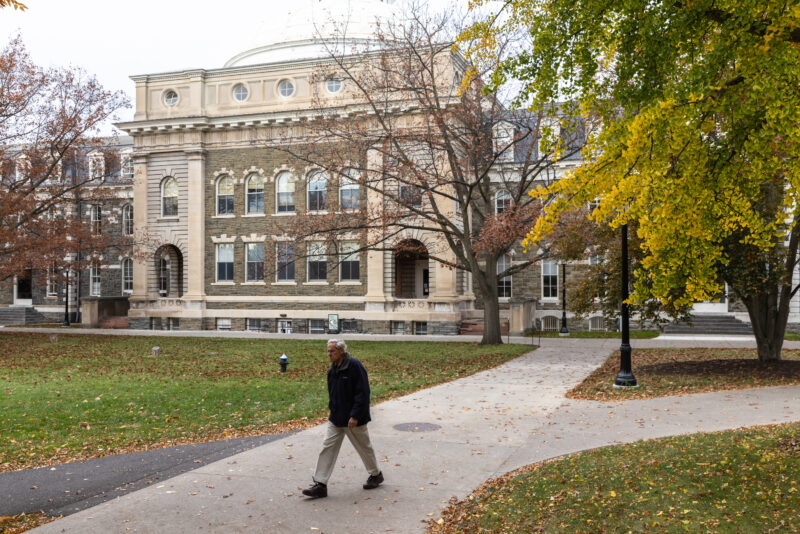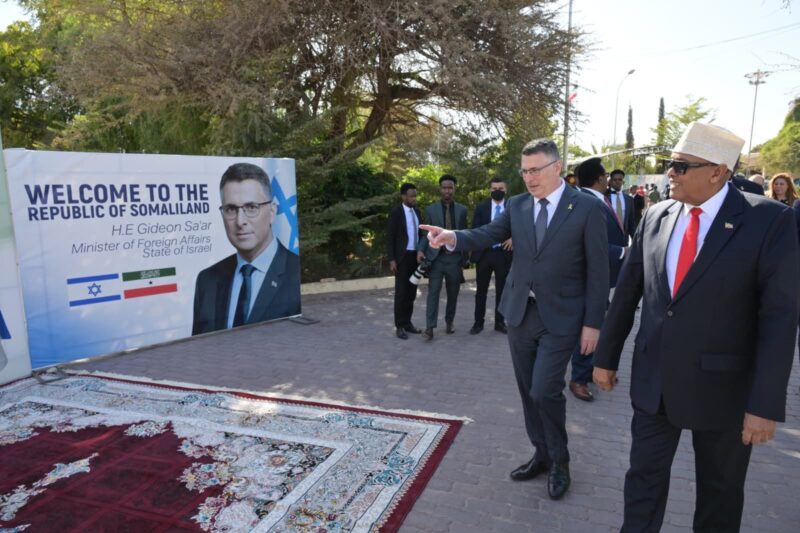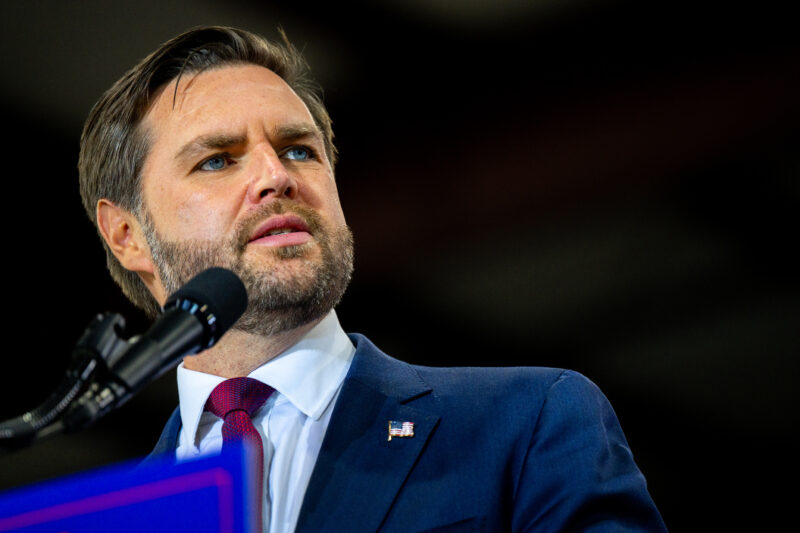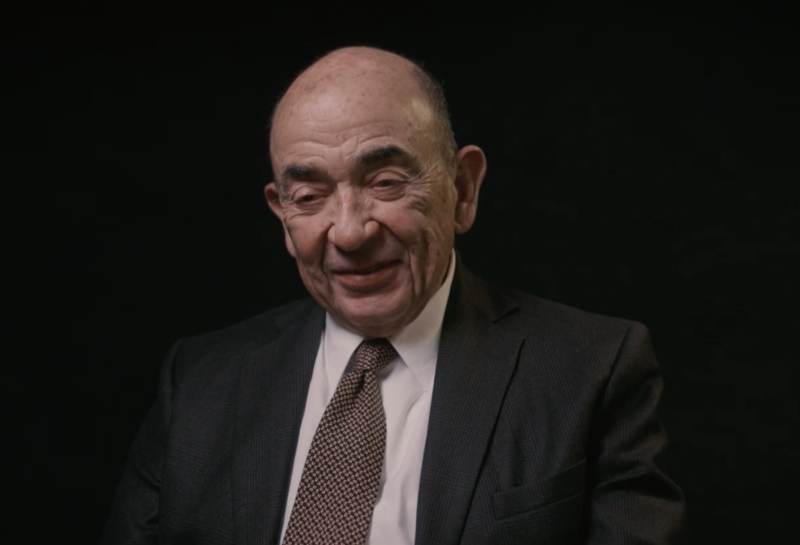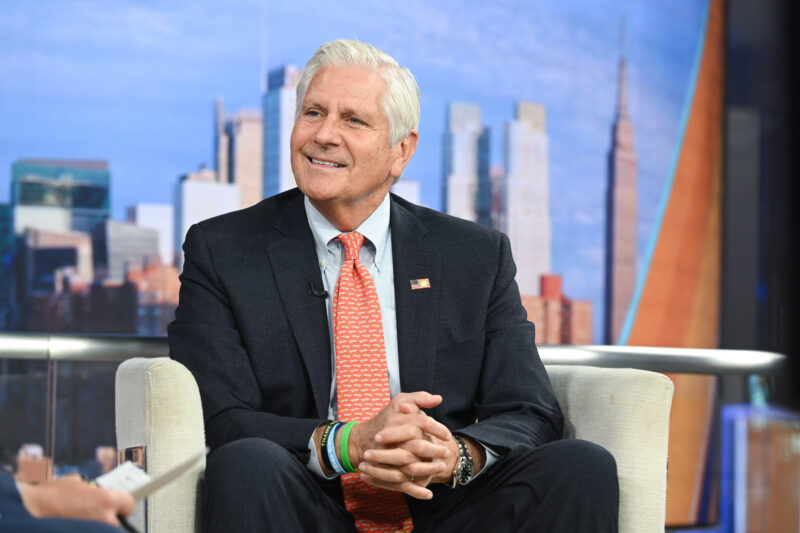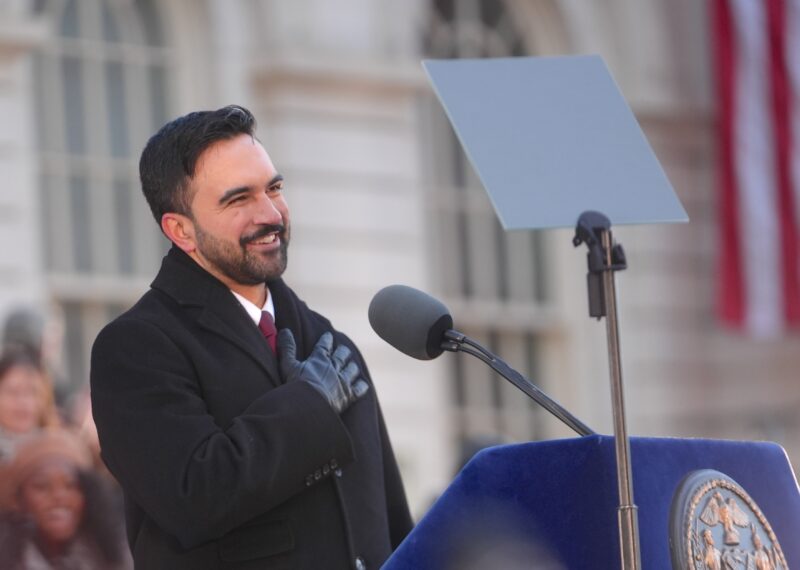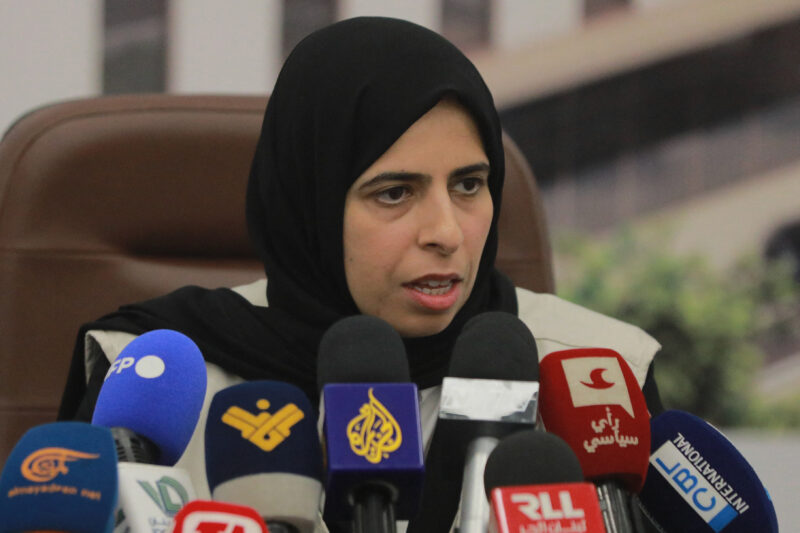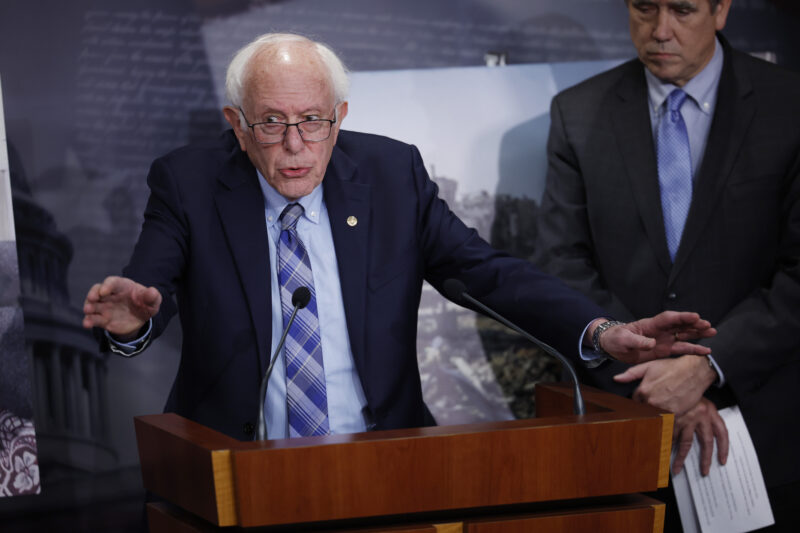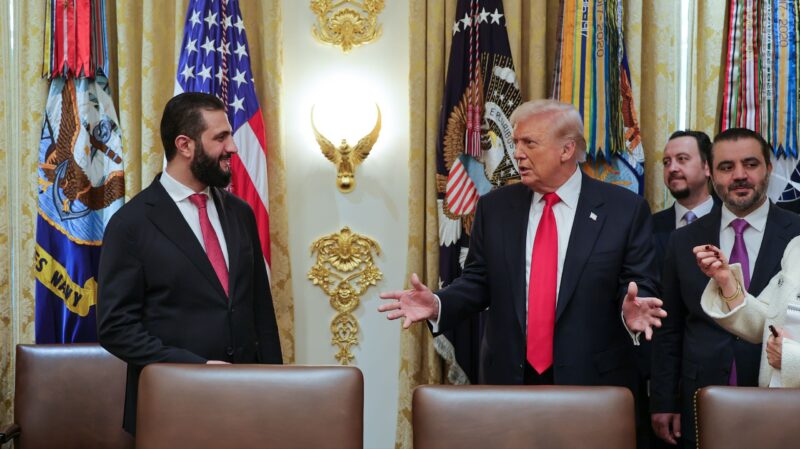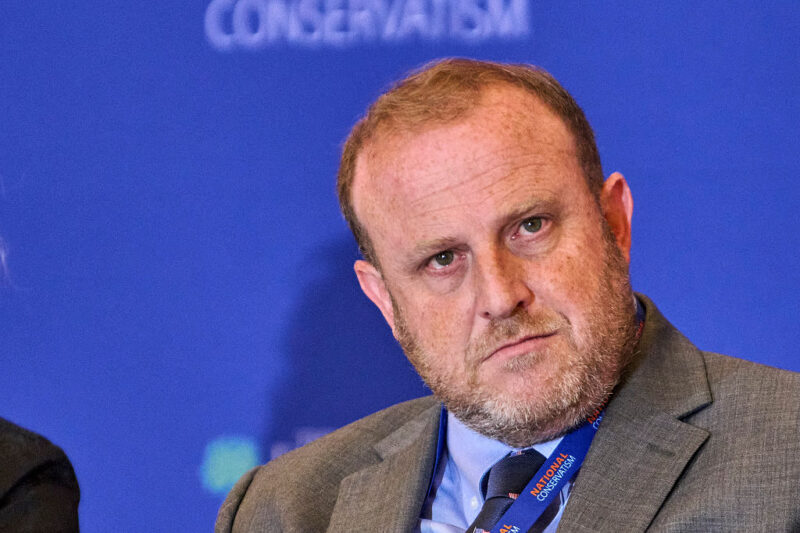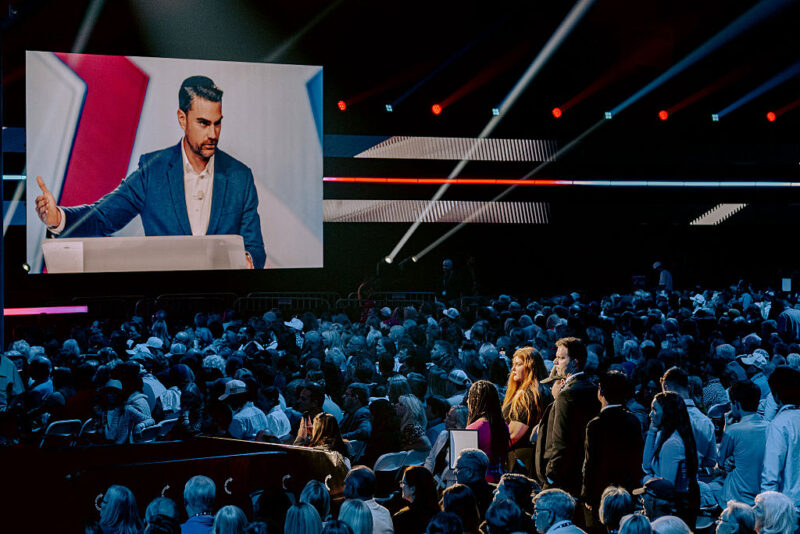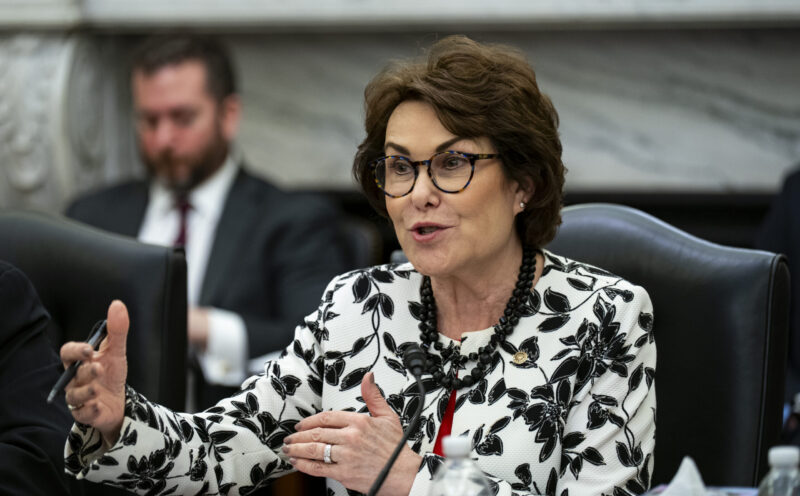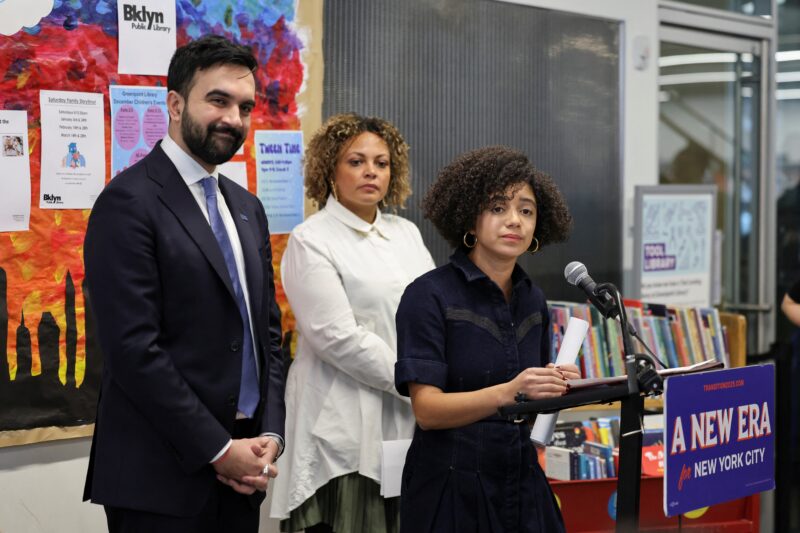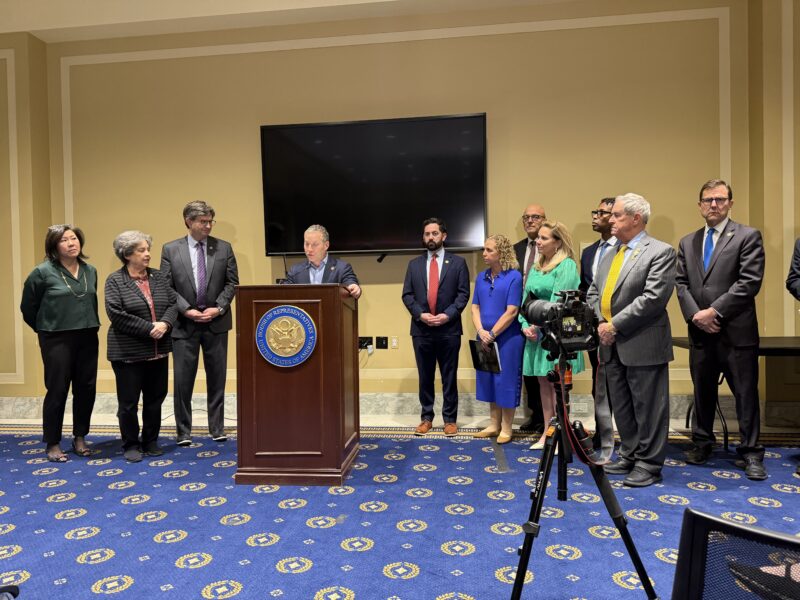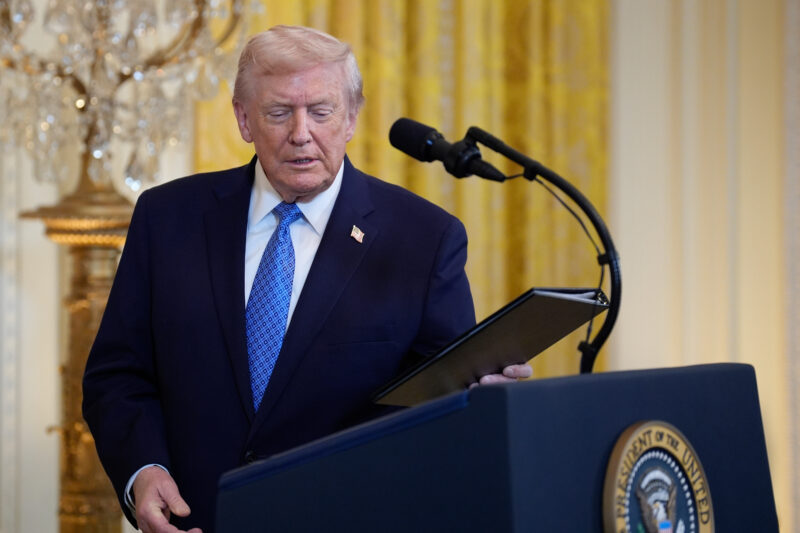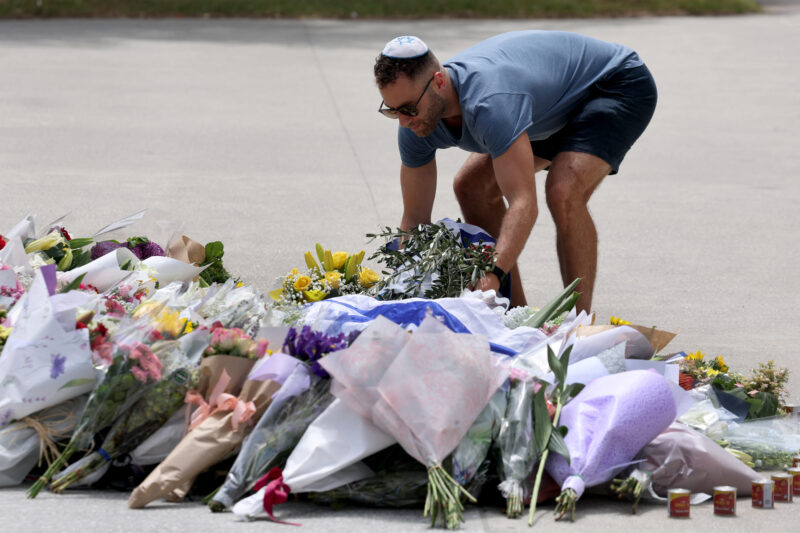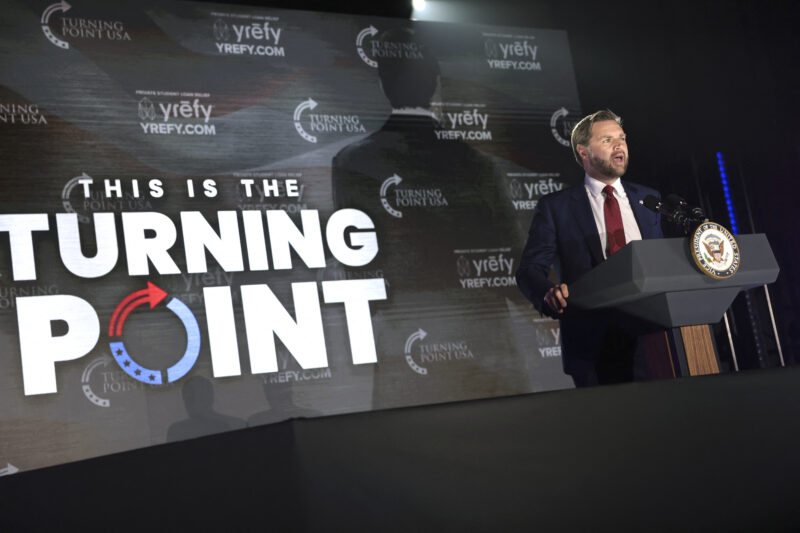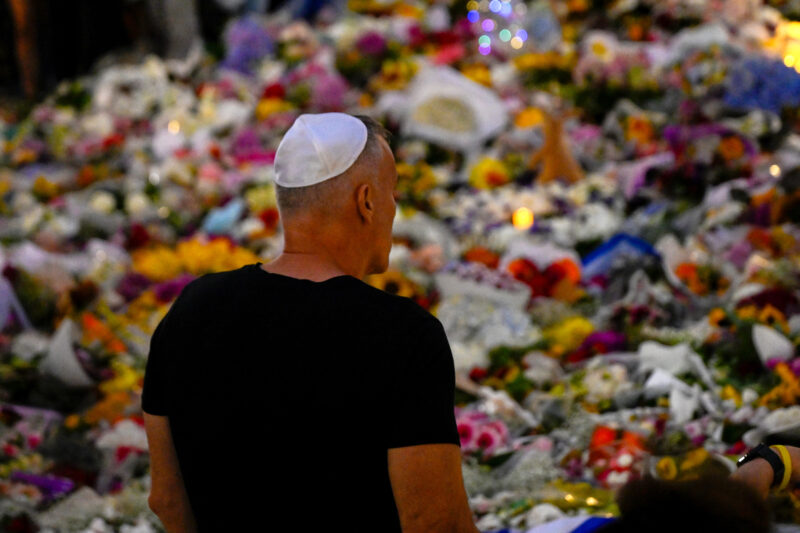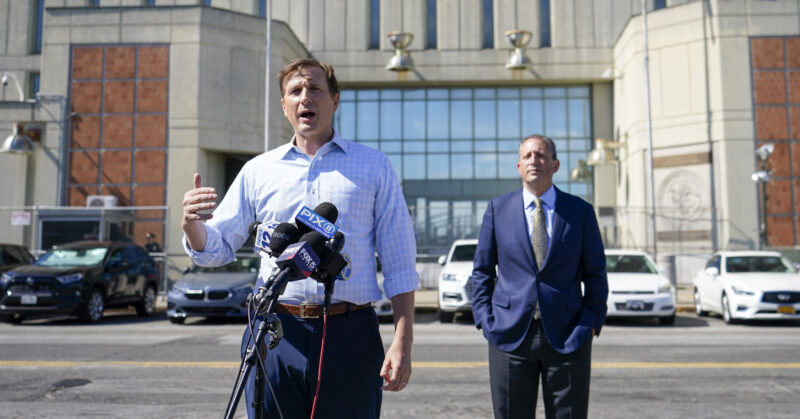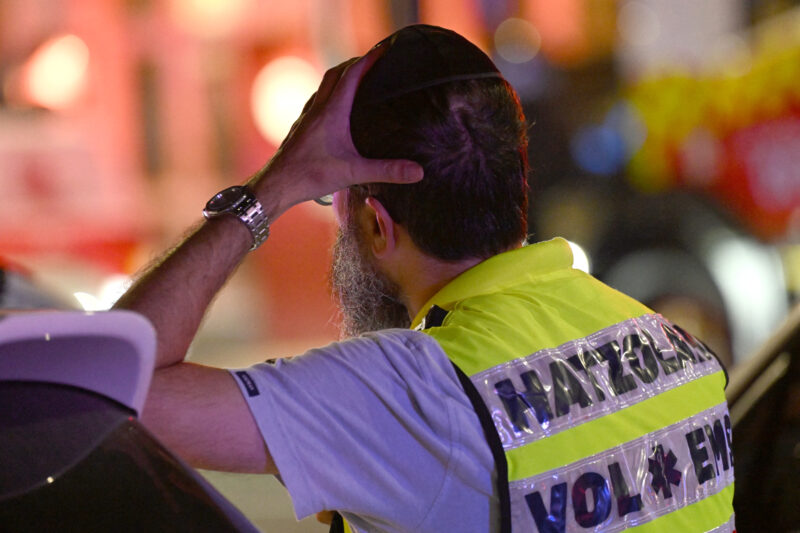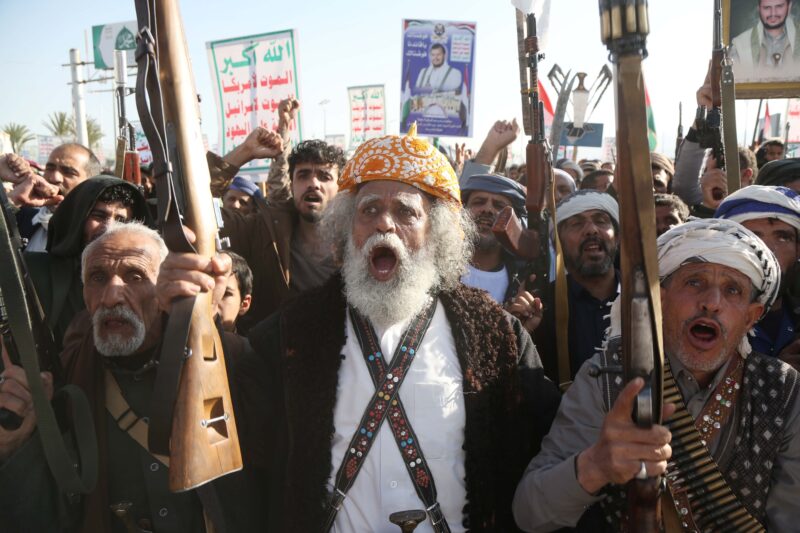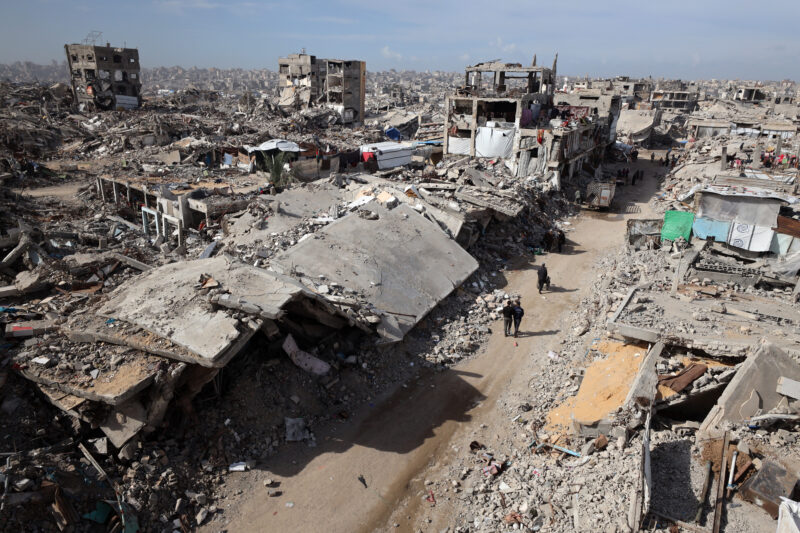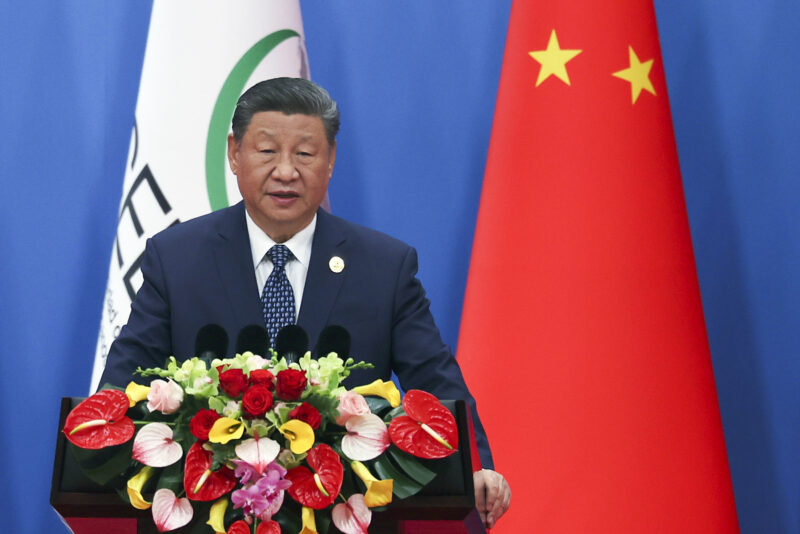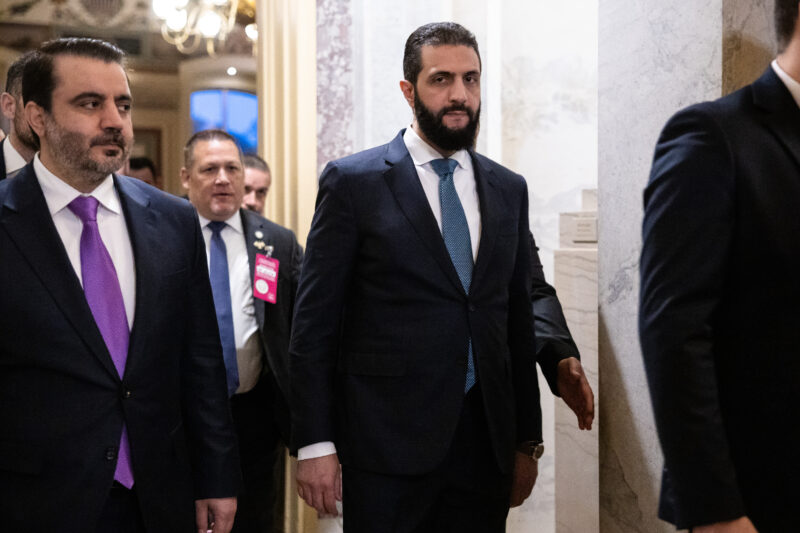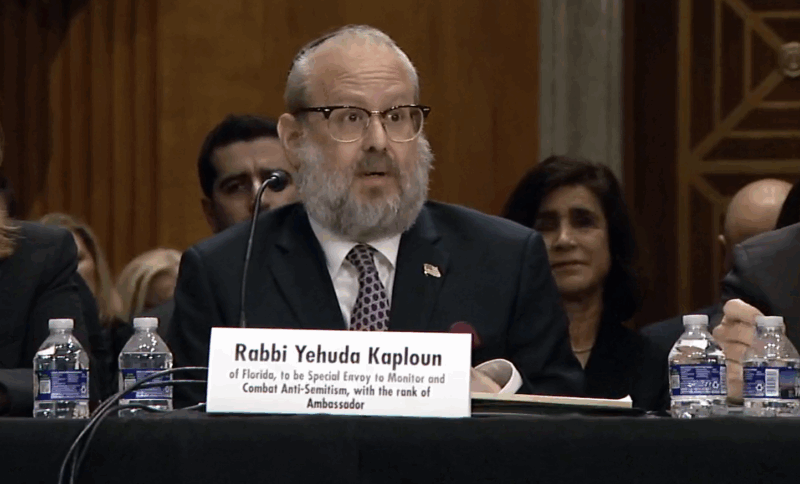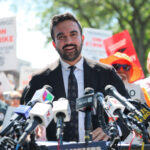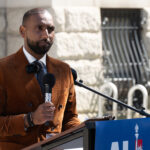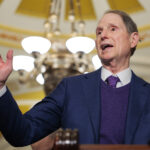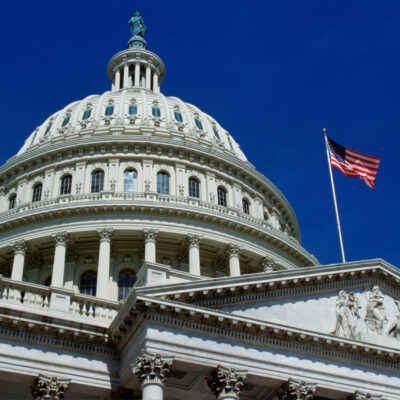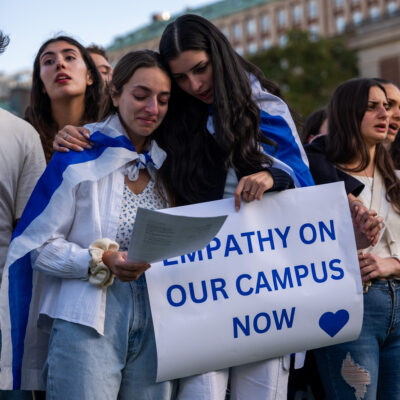Anti-Israel activism hits its limit in mayoral races
If Mamdani’s win signaled that a far-left candidate could prevail in a deep-blue city, the underperformance of two other far-left challengers on big-city ballots underscores the limited appetite even deep-blue constituencies have for radical politics
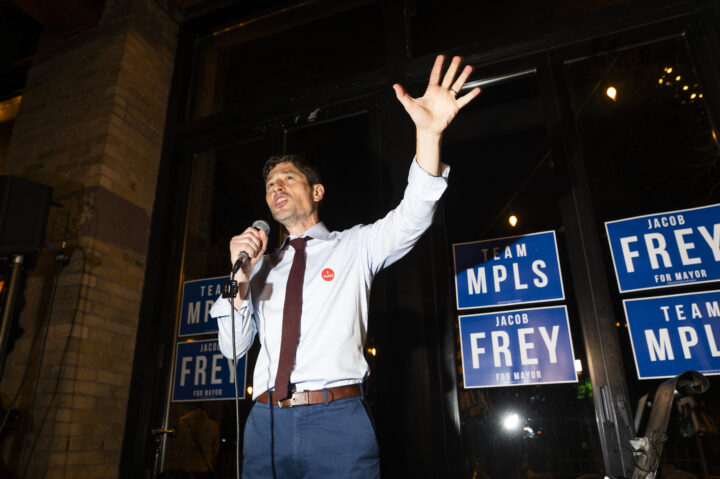
Stephen Maturen/Getty Images
Minneapolis Mayor Jacob Frey speaks at an Election Night party on November 4, 2025 in Minneapolis, Minnesota.
In addition to New York City Mayor-elect Zohran Mamdani’s race, we’ve been spotlighting two other mayoral contests where socialist, anti-Israel candidates were running competitively against more traditionally liberal standard-bearers: in Minneapolis and Seattle.
If Mamdani’s bare 50% majority in the three-way race signaled that a far-left candidate could prevail in a deep-blue city — even while dividing the Democratic Party — the underperformance of the two other far-left challengers on big-city ballots underscores the limited appetite even deep-blue constituencies have for radical politics.
In Minneapolis, Mayor Jacob Frey won reelection to a third term over Democratic Socialists of America-affiliated state Sen. Omar Fateh. The race was close: While Frey held a substantial 10-point lead in the first round of balloting, he narrowly secured a victory by six points (50-44%) in the second round of the city’s ranked-choice election system.
Fateh formed an alliance with two other left-wing candidates in the race, but ultimately enough people who didn’t back Frey in the first round chose him as a second or third preference.
Fateh, a progressive affiliated with the DSA, has accused Israel of committing genocide, among other anti-Israel views, and campaigned with Rep. Ilhan Omar (D-MN), who remains one of Israel’s harshest critics in Congress.
Members of Fateh’s staff had also expressed hostile views towards Israel; his communications manager, Ayana Smith-Kooiman, said in a series of now-deleted social media posts that Israel “does not have a ‘right’ to exist” and “must be dismantled,” and said she did not care about Hamas a month after the Oct. 7, 2023, terror attacks — statements that drew rebuke from Sen. Amy Klobuchar (D-MN).
The outcome is also looking favorable for the more-moderate incumbent in Seattle — though far from certain. Mayor Bruce Harrell, who trailed his socialist challenger Katie Wilson during the summer primary, is now leading her in the general election by eight points, 54-46%, with more than three-quarters of votes tallied.
Wilson, who has expressed hostile views towards Israel, including calling the Jewish state’s war on Hamas a “genocide,” led over Harrell in the primary. Wilson has expressed support in the past for divesting from investments in Seattle that support Israeli actions, which is in line with the BDS movement.
Additionally, some Seattle Jewish community leaders have expressed deep concern over Wilson’s candidacy and her relationships with anti-Israel activists, including Kshama Sawant, a former far-left Seattle city councilmember who has faced accusations of stoking antisemitism.
However, the race is still far from being decided. Many ballots are left to be counted, including a significant share from left-leaning parts of the city.
If both of the other socialist, anti-Israel candidates go down to defeat, combined with Mamdani’s bare 50% majority in heavily-Democratic New York City, it’s pretty clear that as an electoral strategy, left-wing activism and anti-Israel politicking is still a losing formula.
On the other hand, the fact that the far-left candidates were able to win between 45-50% of the citywide vote — with one win, one loss and one race still too close to call — it’s a sign that this brand of radical politics isn’t going away.




